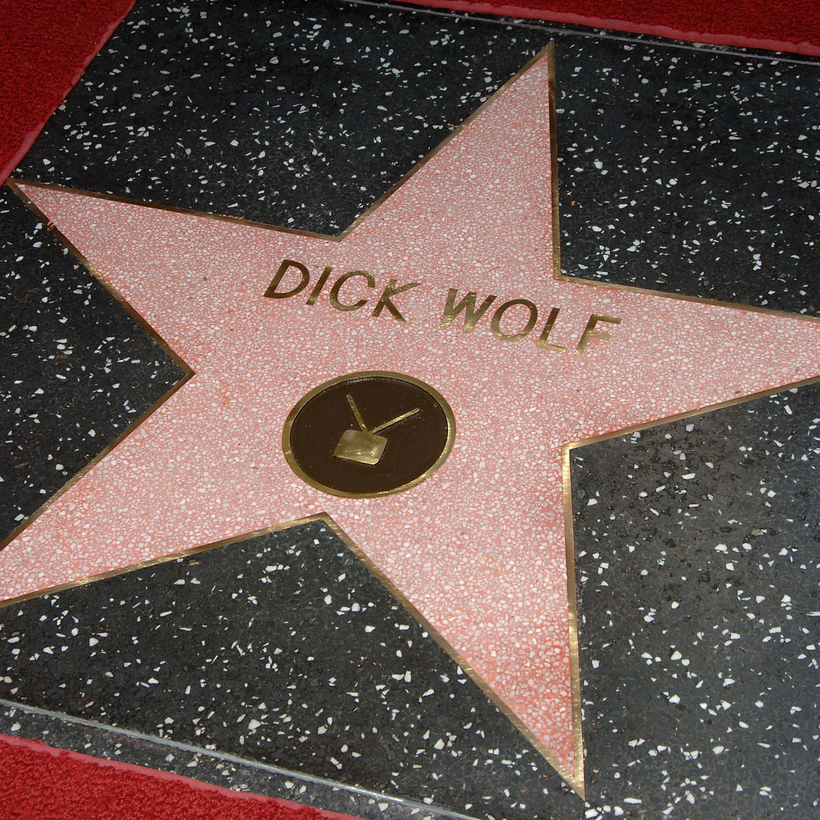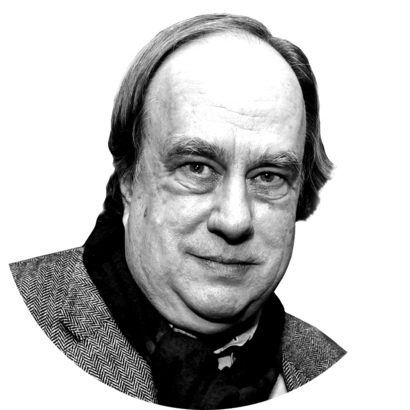Dick Wolf, hear him growl. In an era of streaming copycats and committee-think, Wolf remains network television’s signature franchise operator and master of his domain. Not since the stirring words “A Quinn Martin Production” were stamped on the opening credits of Cannon, Barnaby Jones, and The Streets of San Francisco has any prime-time producer been so identifiable with hard-grimacing, meat-and-potatoes action drama.
What Wolf added to the prime-time suspense package was social density, racial and sexual diversity, and the grinding mesh of interlocking interests. He adopted and adapted the director Sidney Lumet’s institutional inquiry into crime, corruption, and legal bartering in films such as Serpico, Prince of the City, and Q&A for the television, beginning with Law & Order in 1990, presenting a cross-sectional portrait of urban strife and status hierarchy, and packing his casts with Broadway actors who could drop nuance into a scene like a dime.


